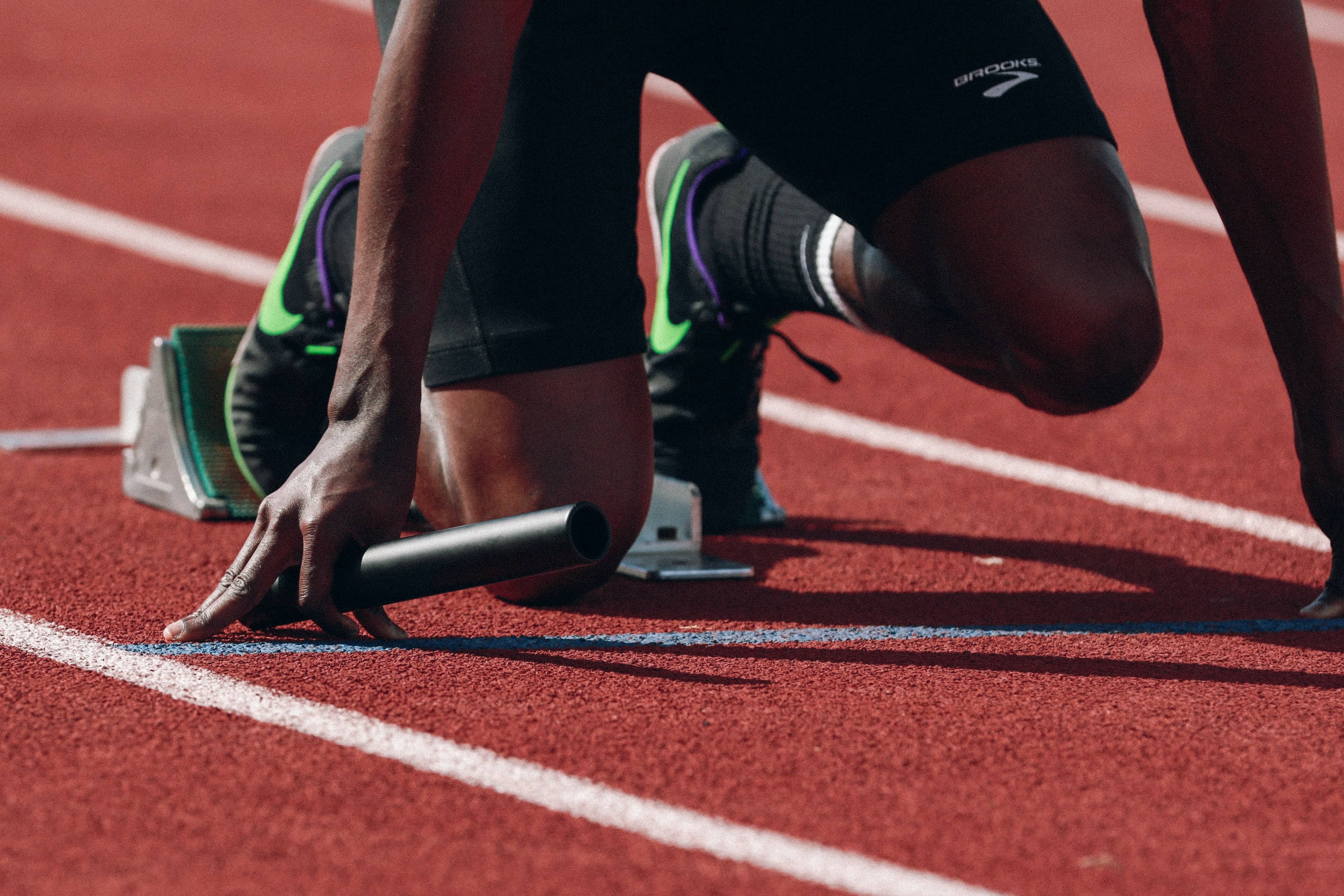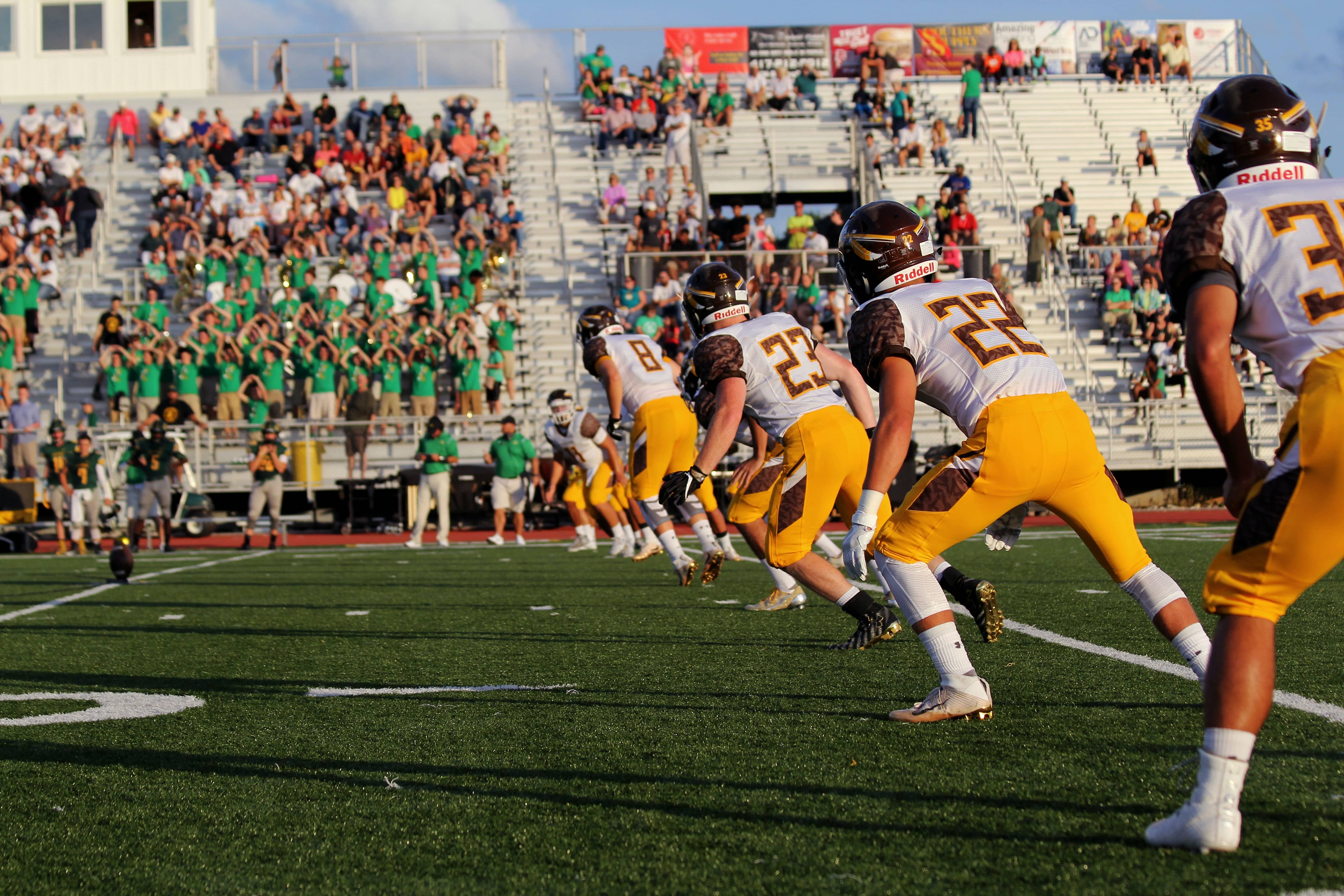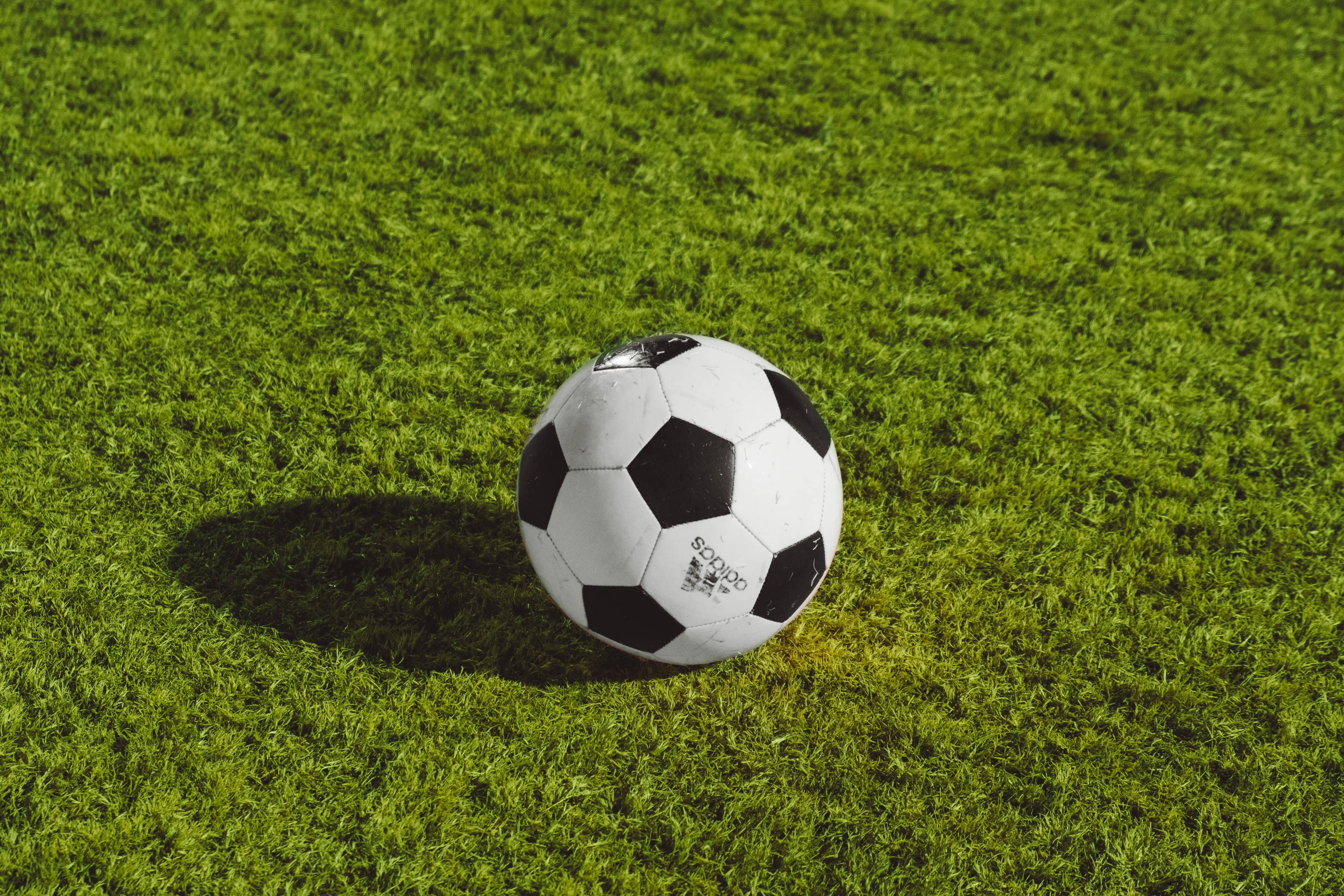Sports psychology is a field that has come a long way over the years. It’s no longer exclusive to pro-level athletes, but all athletes. This includes elementary school, high school and collegiate athletes. Sports Psychologists play a vital role in helping athletes achieve their athletic goals and helping them reach their full physical and mental potential. They also help them address any issues that may be interfering with their performance such as anxiety and stress.
Real World Example in Sports Psychology
One at bat, two at bats…now it’s 5 games without a hit. They call it being in a “slump”. With each game you become increasingly frustrated that you can’t get on base or that you can’t play a part in helping your team win the game. You’re capable and talented, but the fears and anxiety overwhelmingly take over and get in the way of your performance. You can’t get out of your own head and now become your own worst critic. You need to get out this batter’s slump, but how?
Does this sound familiar? Maybe you’ve been in this situation or you’ve seen your favorite player go through a slump. It’s frustrating to watch. It’s even more frustrating to be the one going through it.
Arthur Ashe once referenced the relationship between psychology and sports. He mentions of the interconnectedness between preparation, self-confidence and success. When you are well-prepared, this often results in self-confidence. When you are confident in your ability to play the game both physically and mentally, you are better equipped to be successful.
As Arthur Ashe suggested, the first and most important step to building confidence is to prepare yourself to be the best you can be. In sports, this means being mentally and physically prepared to compete.
What is Sports Psychology?
Being a good athlete isn’t just being physically fit – it’s also being mentally fit and focused. Just as important is hitting the gym, so, too, is learning the playbook.
Sports psychology is a career that combines the love of sports with the inner workings of the human mind. It’s a hot career because many people want to know the secret to maximizing talent, revenue, and marketing efforts. This profession is now branching out from working only with elite athletes to working with the everyday person that wants to play a sport. We have all you need to know about what it takes to have a successful career in sports psychology.
Sports Psychology Basics
Athletic success isn’t only found in raw talent. A sports psychologist takes raw talent and teaches the athlete to mix it with the psychology of the game. They teach them the mental skills that will help the player in their game. The sports psychologist uses knowledge and skills to boost the performance of the athlete. This area of psychology studies how mental factors directly influence the athletic performance and the physical activity of athletes.

What Is Peak Performance?
The peak performance of an athlete doesn’t always translate into them reaching their very best numbers during a competition. A sports psychologist must work to help find their edge that goes beyond those numbers. Peak performance is about conditioning, both mentally and physically. Sports psychologists focus on the mental skills that bring all of these things together.
The Career Of A Sports Psychologist
Sports psychology careers are about a lot more than simply teaching athletes about mental and physical abilities. A sports psychologist has many different roles ranging from athletes and entire teams to career leaders and business people. The following is a list of just a few things that sports psychologists do to help athletes be their very best in the game:
Reach Peak Mental Performance
Mental skills are a huge part of any game. Raw talent can only take an athlete so far in the game. The sports psychologist works with athletes to help them boost their focus, intensity, and confidence. This not only helps the athlete in their game but also in their everyday lives.
Increase and Fine-Tune Motor Skills
Sports psychologists can even help athletes with motor skills without using actual physical movements. This comes in the form of preparing mental motor skills. This is the act of helping athletes visualize things like kicking the perfect field goal, making a free throw, or hitting a hole-in-one.
Mental Preparation for Games
If you aren’t ready to play, you won’t play well. It doesn’t matter if you’ve rested all week and practiced perfectly. You have to be mentally prepared to play. A sports psychologist will help athletes prepare for practice and their competition. They help them focus, as well as help them with specific stressful situations that might creep up during competition.
Returning After Injury
Returning after a debilitating injury is often difficult for athletes. They fear they won’t play the same. They fear they will re-injure themselves. These fears and stresses associated with past injuries can often be worse than the physical scars themselves. Following an injury, many athletes often go through a range of emotions such as depression and anger. And this is what psychologists refer to as mental trauma or post-traumatic stress. The sports psychologist works with injured athletes to help them deal with this pressure, overcome their fears and return to the game. They help get their mental game back to its peak performance so they can better perform on the field or in the court.
Practicing Efficiency
The quality of the practice is crucial for an athlete’s upcoming competition. For many athletes, there’s limited time to put in a full and complete practice. This means the quality of the practice needs to outweigh the quantity of the practice. That is, you can practice all day every day, but if your performance is not up to par, the poor practice performance may interfere with your output come game day. The Sports Psychologist works with these athletes to help boost the efficiency of every practice.
Working with the Everyday Athlete

Sports psychologists not only work with elite-level athletes, they also work with your average athlete who is striving to become better each day. They may work with pro athletes as well as college and high school level athletes.
How to Become a Sports Psychologist
There are a few pathways to becoming a Sports Psychologist. You must pass a combination of psychological and medical competencies, earn a graduate degree and pass your state’s licensing exam.
Most students usually major in both psychology and exercise science to help prepare them for a career in sports psychology. Some major in clinical psychology with a concentration in sports psychology. Students often go on to either a master’s degree or Ph.D. in this field. Most Sports Psychologists have a master’s degree, while many have their doctorate. Before going into their field, most sports psychologists gain more ground with an internship or fellowship. Internships can be arranged through your school for college credit, which may often be part of your graduation requirement.
There are not many universities that offer programs specifically in sports psychology, but the ones that do usually offer it at both the undergraduate and graduate level. During your studies, some of the courses you’ll take include courses in coaching, team leadership and the social aspects of sports.
If you want to get into a clinical practice, you’ll need to obtain your license. And to become a licensed psychologist, you’ll need a minimum of a master’s degree. The license that you’ll need will vary by state.
Further Career Information
Many sports psychologists take positions working with sports teams at either the high school, collegiate or professional level. Some work with the governing bodies of a sport. It’s a specialized niche, but there are many options for your career. Clinical sports psychologists work with clients on their mental and psychotherapy training. You will usually find these professionals working in a physical therapy facility. An academic sports psychologist usually teaches those interested in the subject. The applied sports psychologist works to help improve an athlete’s performance in their own game. They work with the coaches and trainers as well to help maximize their performance level.
Beyond the Game
Sports psychology careers are actually going beyond the game now. The underlying principles of sports psychology is now funneling into all parts of business. For example, the account executive that needs to win over a large account can use the same type of mental preparation that a quarterback does when looking to throw the perfect pass. This is the psychology of learning, which supports you to do your best mentally and physical, even when faced with obstacles distractions.
Sport Psychologist’s Salary Expectations
A sports psychologist’s salary may vary depending on geographical location as well as the position. The average salary for a sports psychologists is usually between $60,000 and $80,000 per year. Some people working in a private firm may reach more than $100K per year. Most sports psychologists do receive a nice salary because it’s a specific niche and requires specialized training. Also, the lack of qualified professionals makes this an in-demand profession.

Additional Career Opportunities in Sports Psychology
If you’re interested in sports psychology, but don’t necessarily want to become a sports psychologist, there are plenty of additional opportunities afforded to those who study sports psychology and exercise science. Some of these careers may include the following:
- Coaching
- Athletic Trainer
- Academic and Career Advisor to athletes
- Life Coaching for athletes
- Athletic Program Coordinator
- Fitness Coach
Sports psychology is a growing and rewarding career for millions of professionals. If you love working with athletes and digging deep into their mind to help them succeed, then being a sports psychologist could be the right profession for you. It’s a long but rewarding journey. You will be changing the lives of athletes at all levels.
Ready to take your love of sports into the arena? To help get you started on your search, here are some schools that can help prepare you for a career in sports psychology:
Online Sports Psychology Programs – Bachelors
Grand Canyon University – BS in Sport Psychology
National University – BA in Sport Psychology
Adams State University – BA in Sport Psychology
Online Sports Psychology Programs – Masters
University of Western States – MS in Sport and Performance Psychology
Capella University – MS in Sport Psychology
Adams State University – M.S. in Applied Sport Psychology
Online Exercise Science Programs – Bachelors
Maryville University – BS in Exercise Science
California University of Pennsylvania – B.S in Exercise Science
Franklin University – B.S. Exercise Science
Online Exercise Science Programs – Masters
California University of Pennsylvania – MS in Exercise Science and Health Promotions Psychology
Liberty University – Master’s in Exercise Science and Wellness
Aurora University – Exercise Science (MS)
